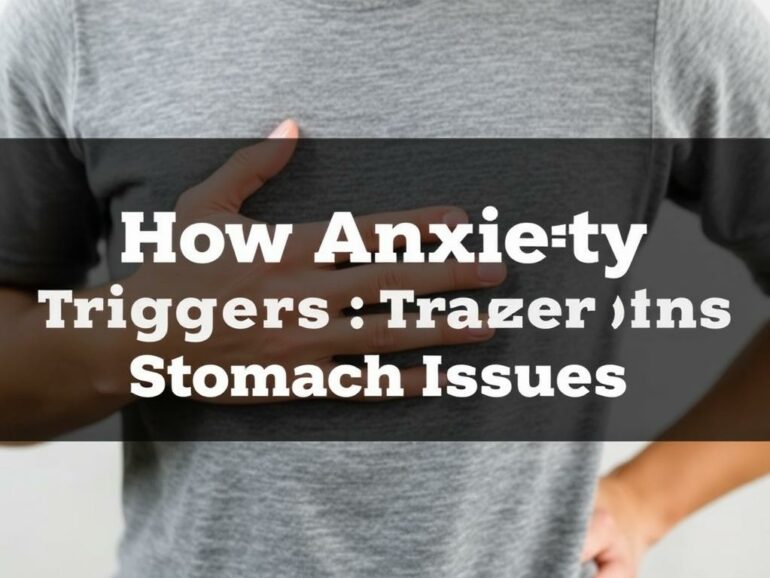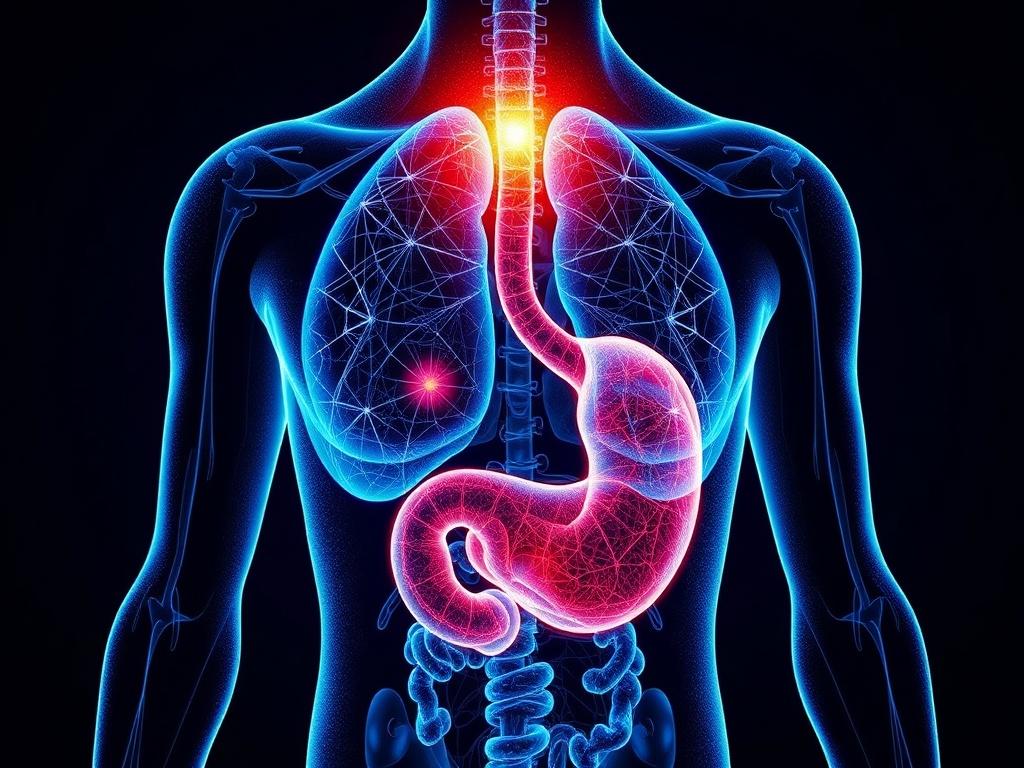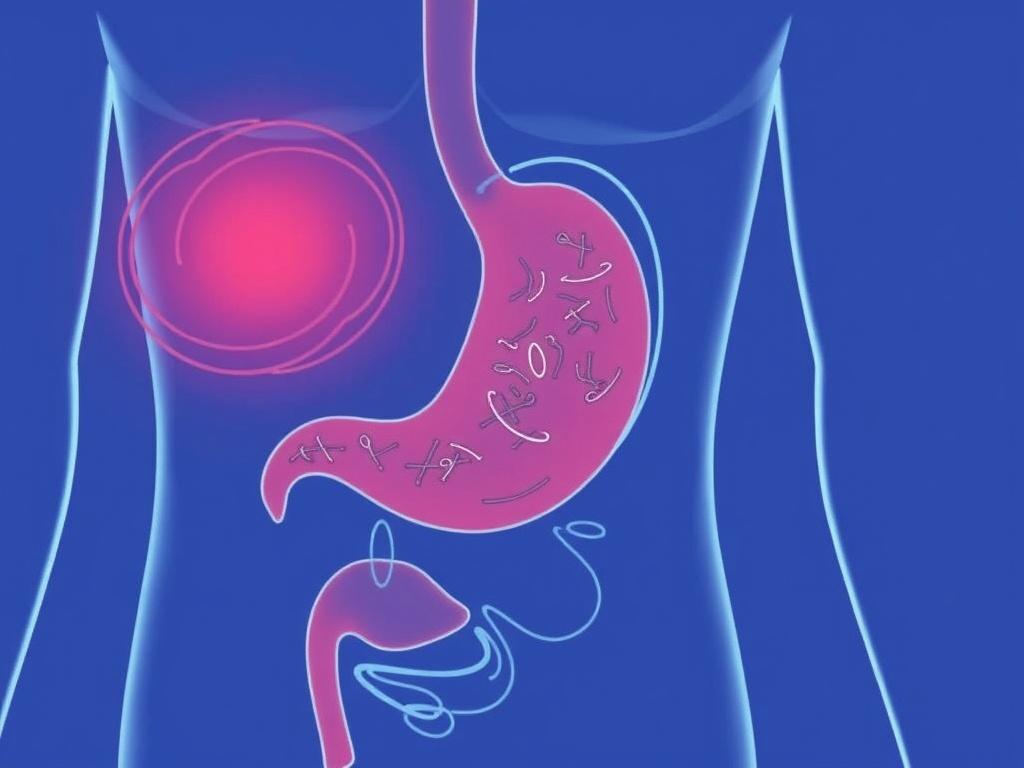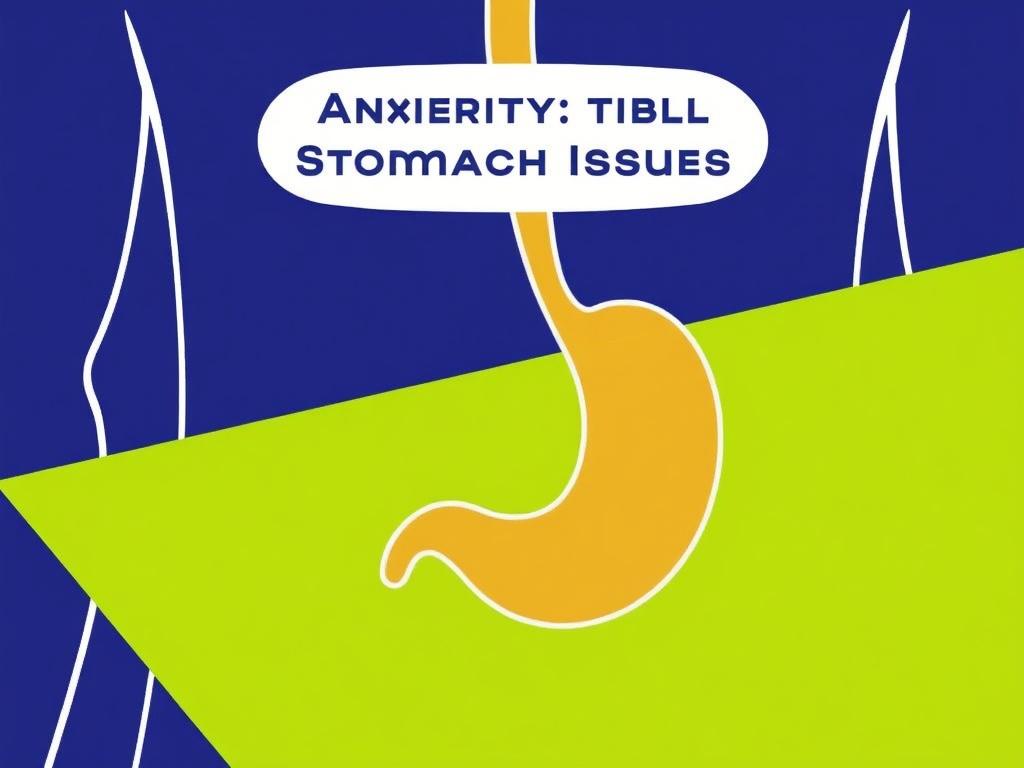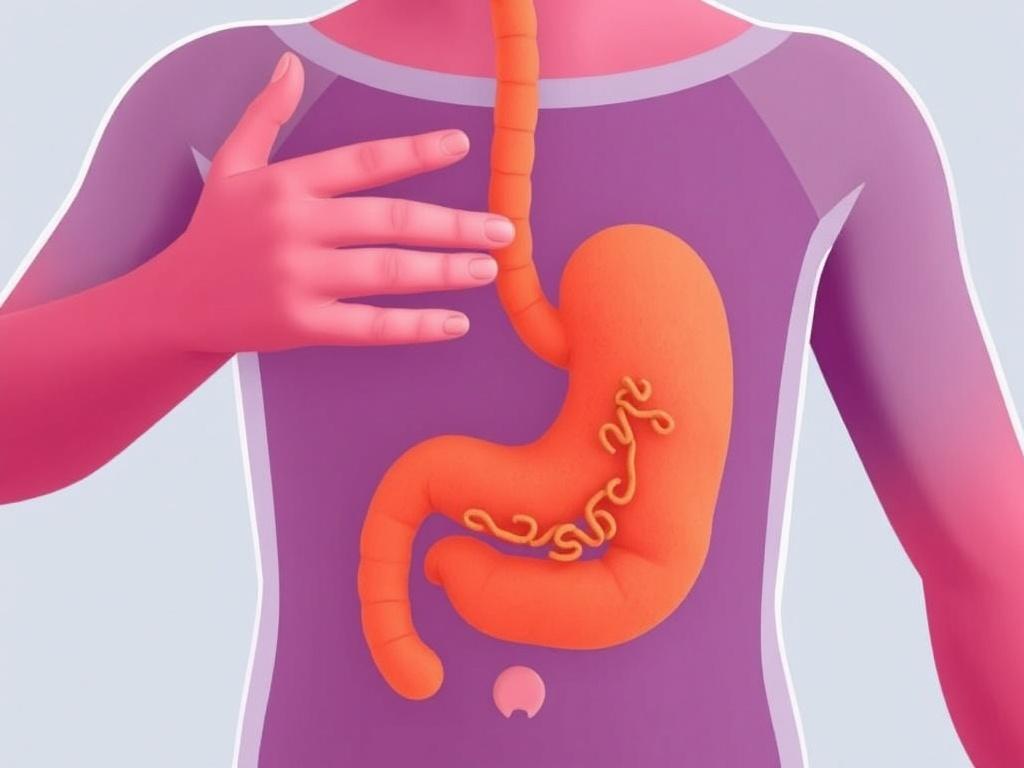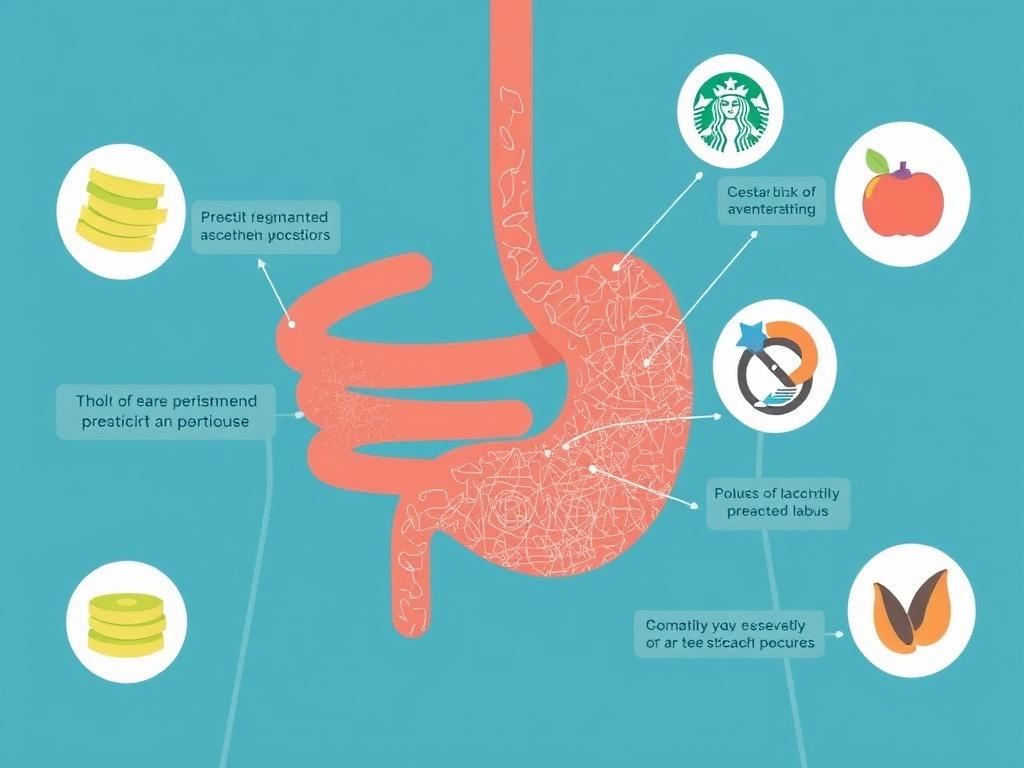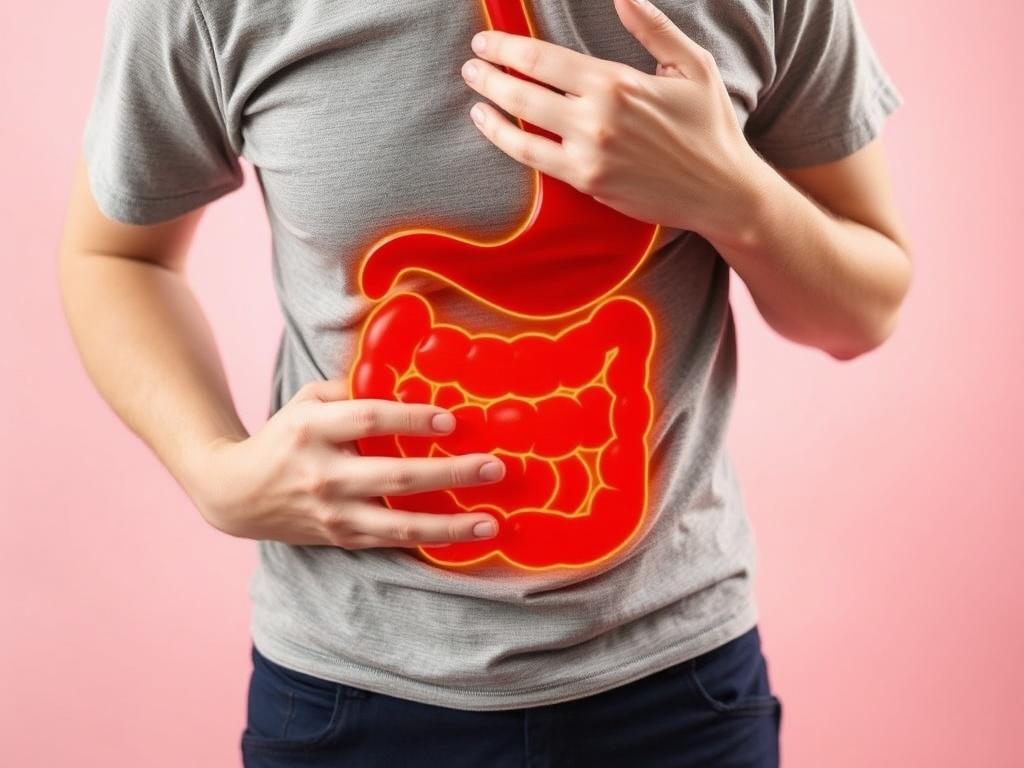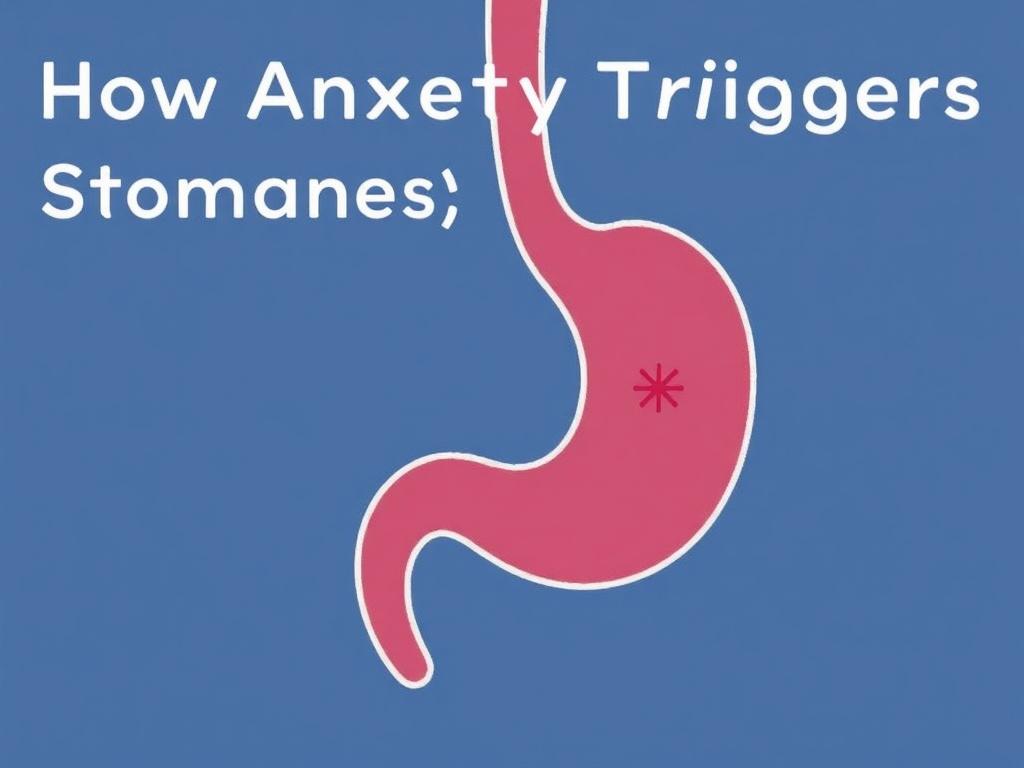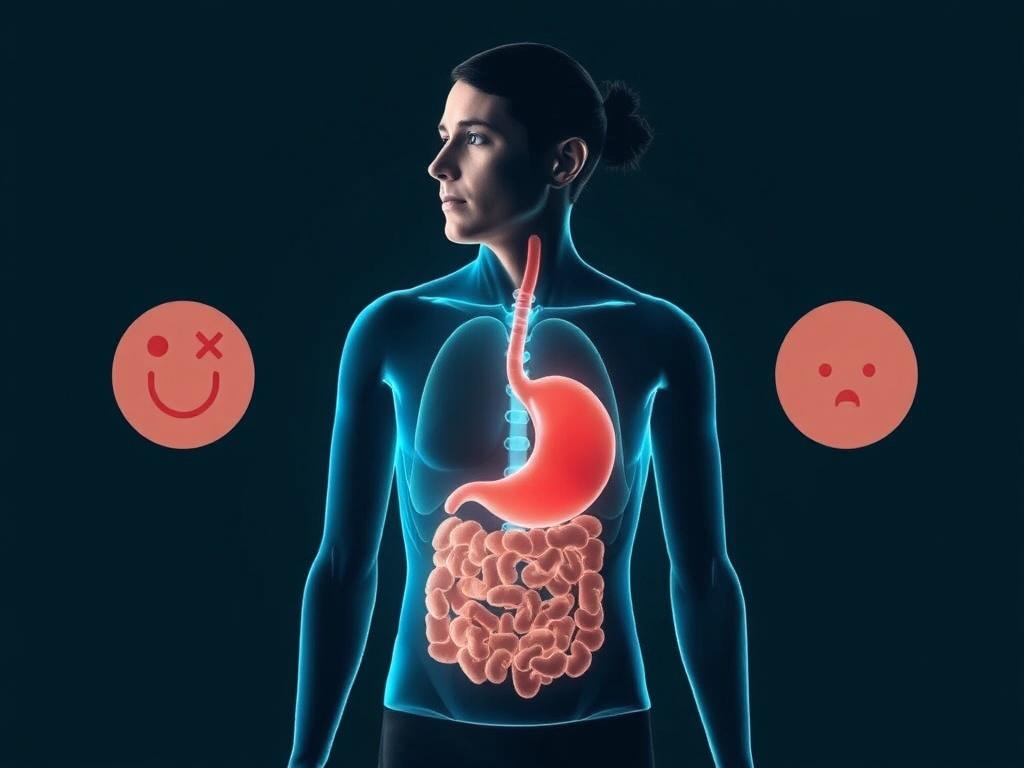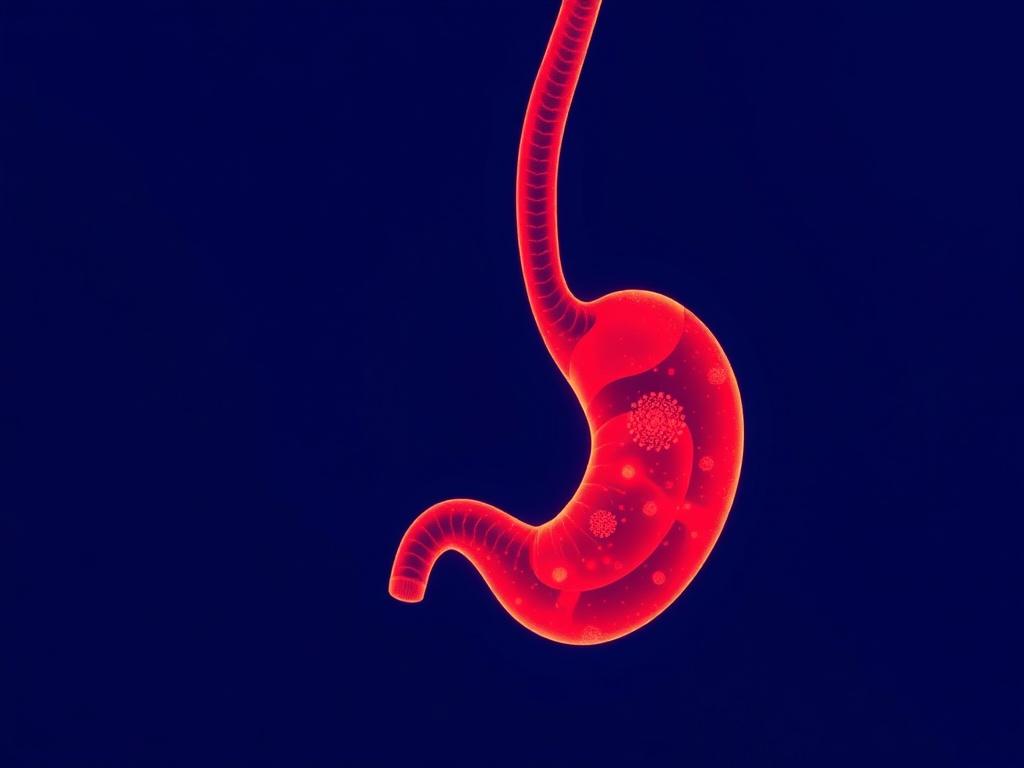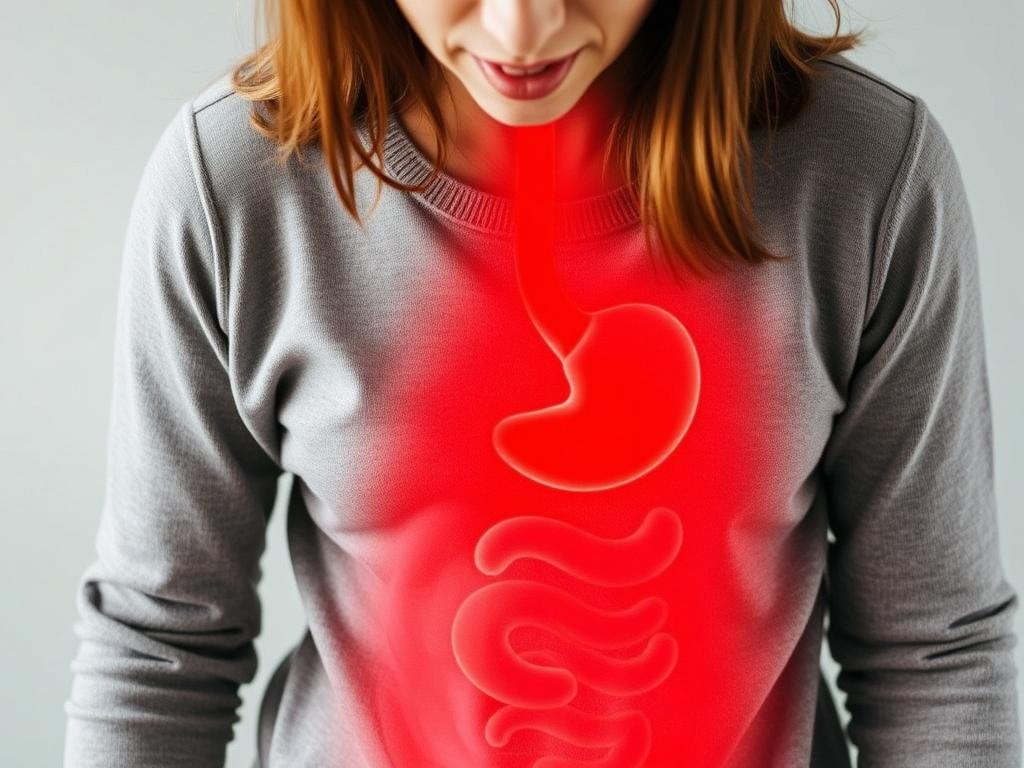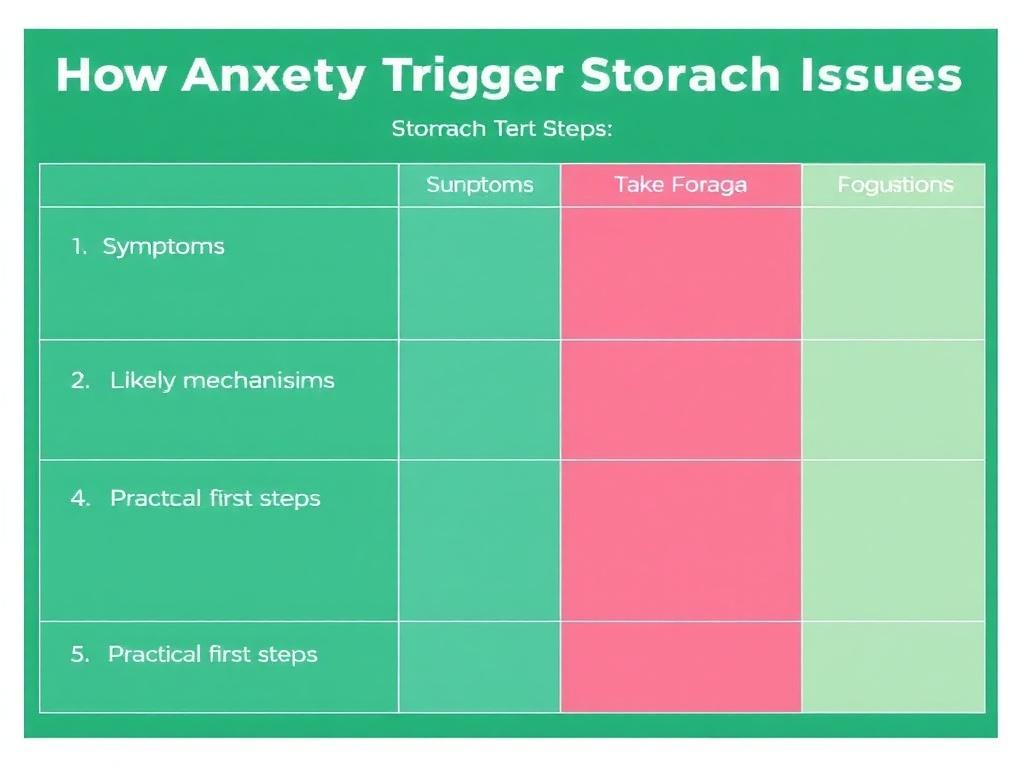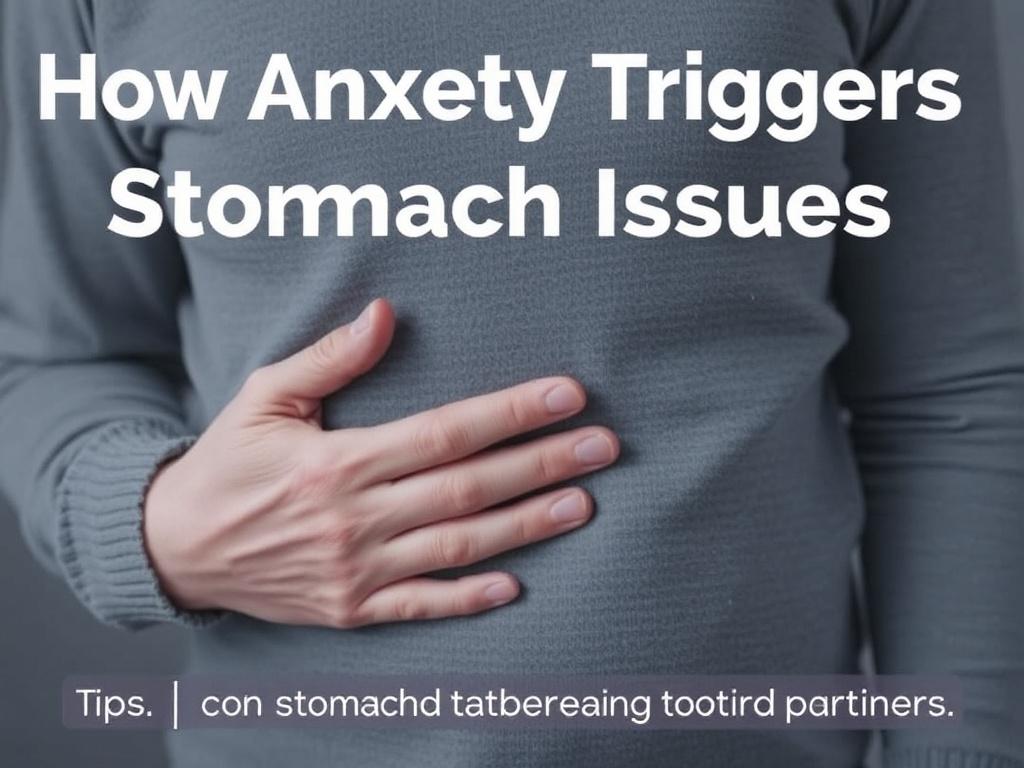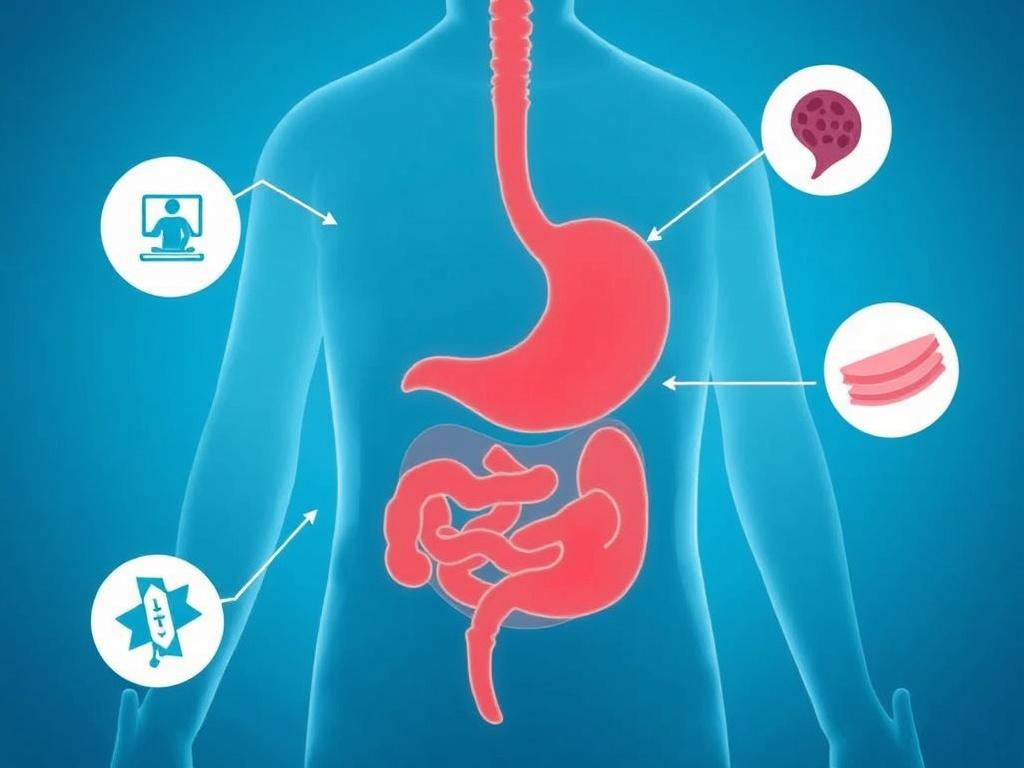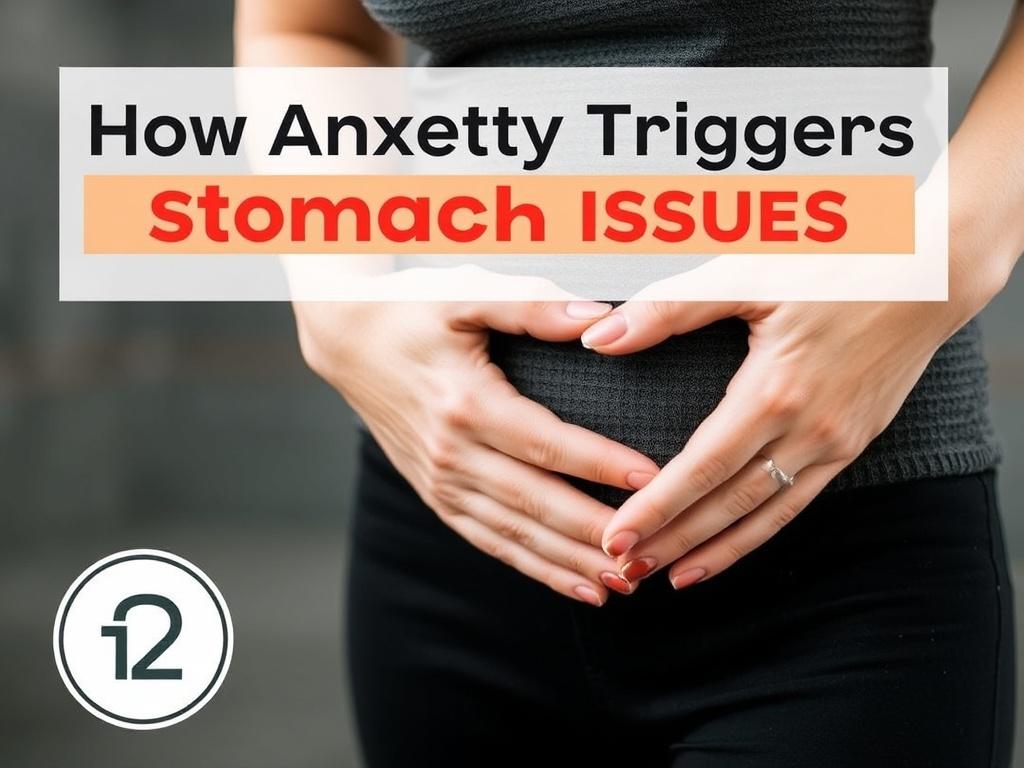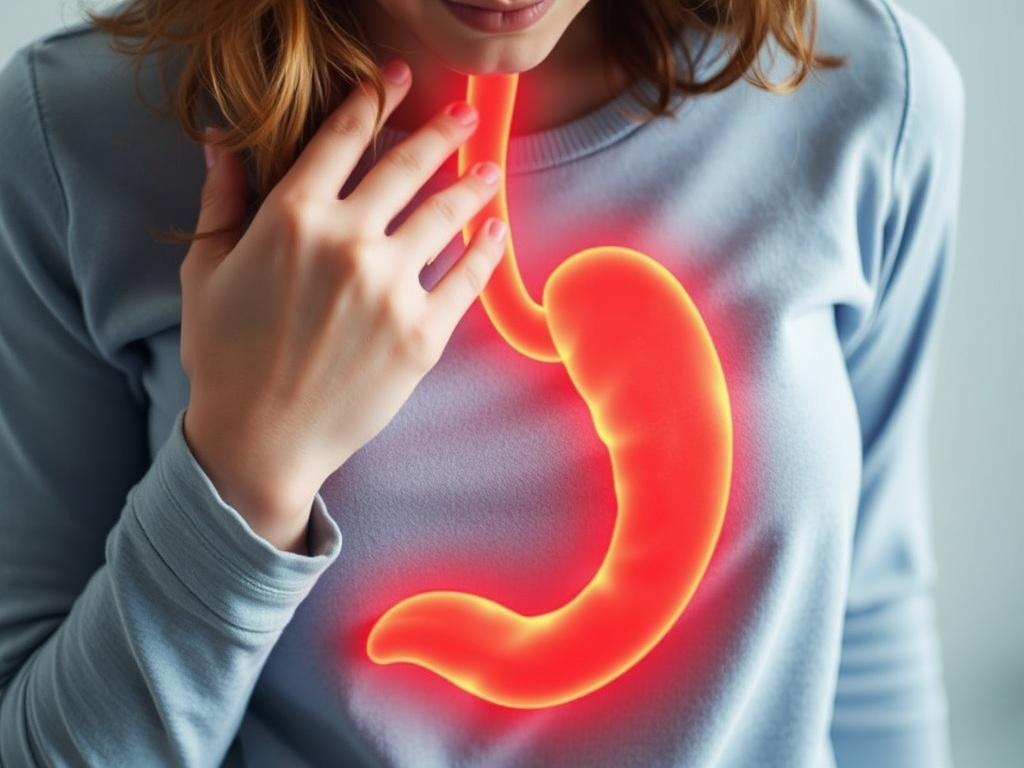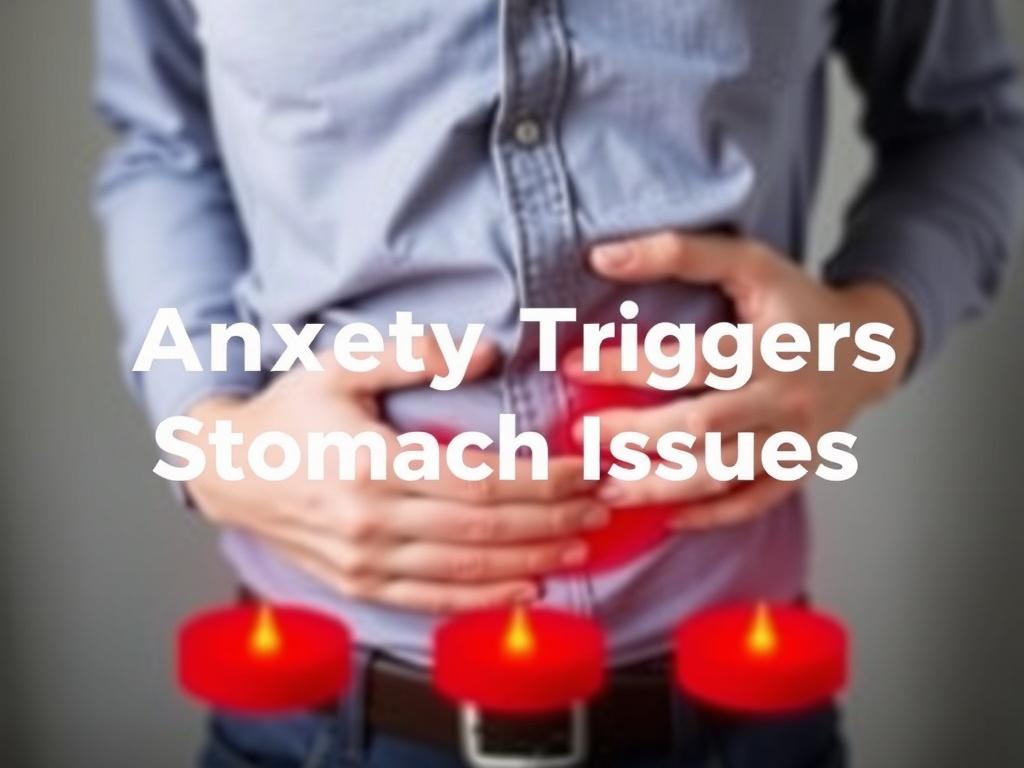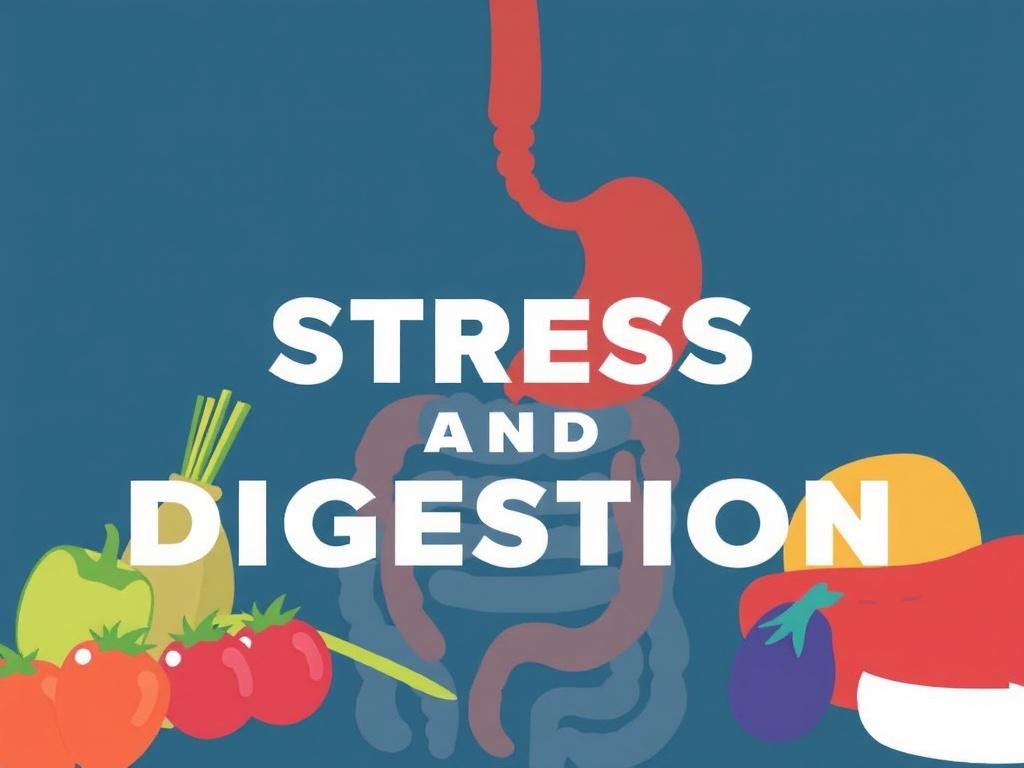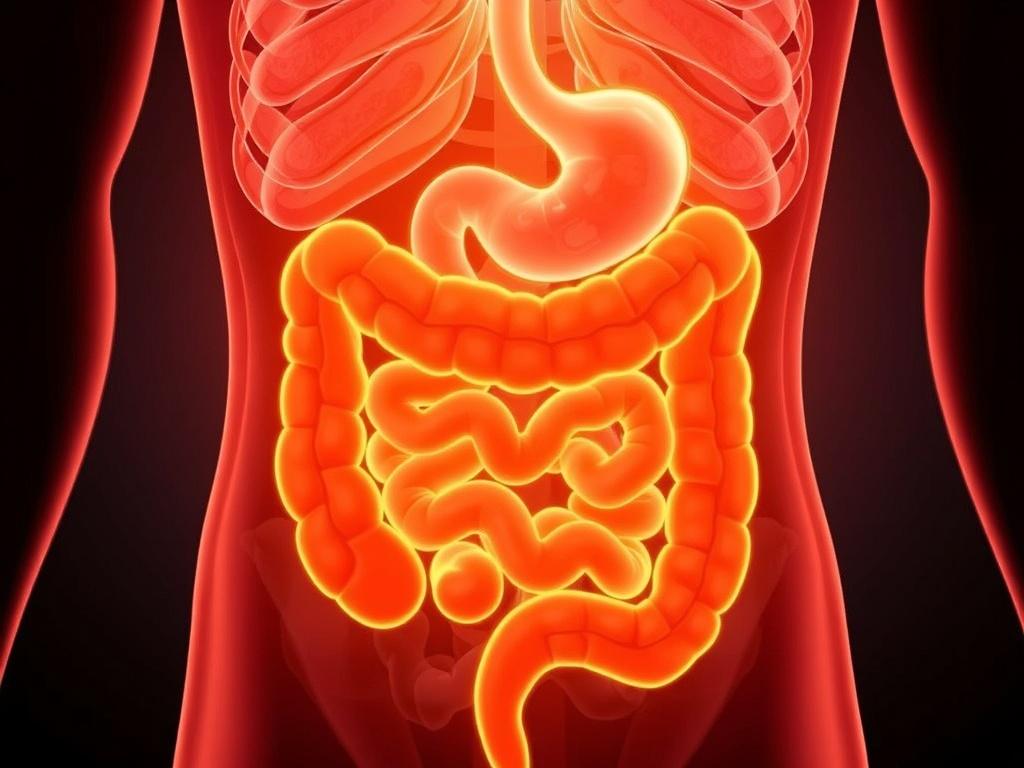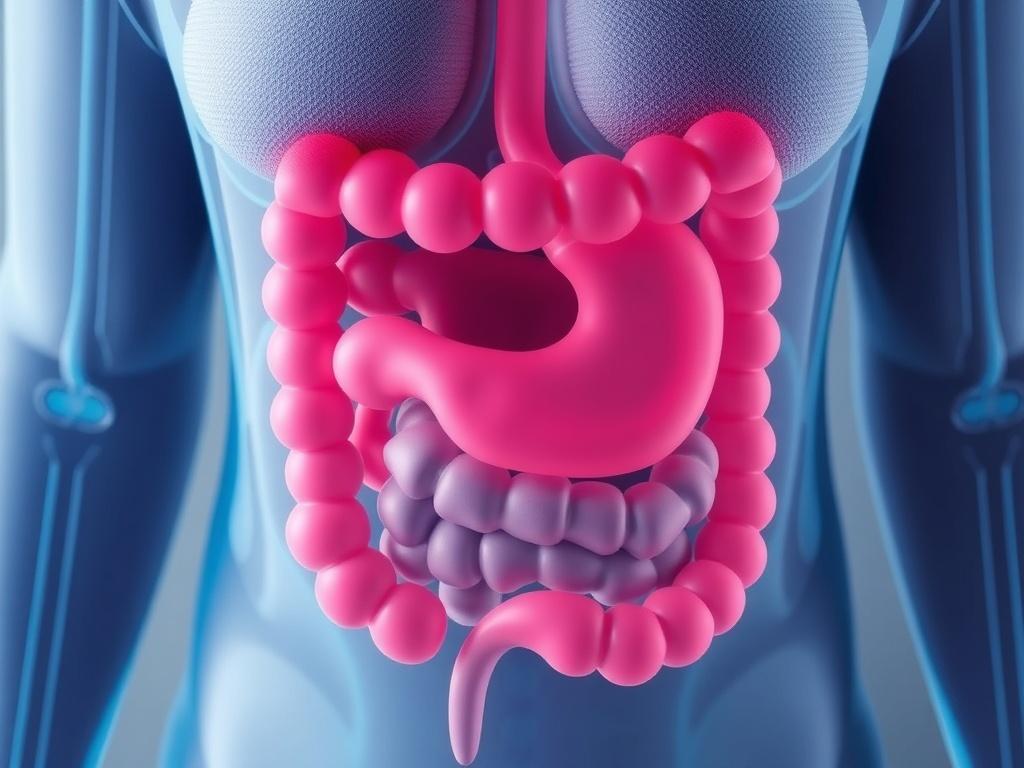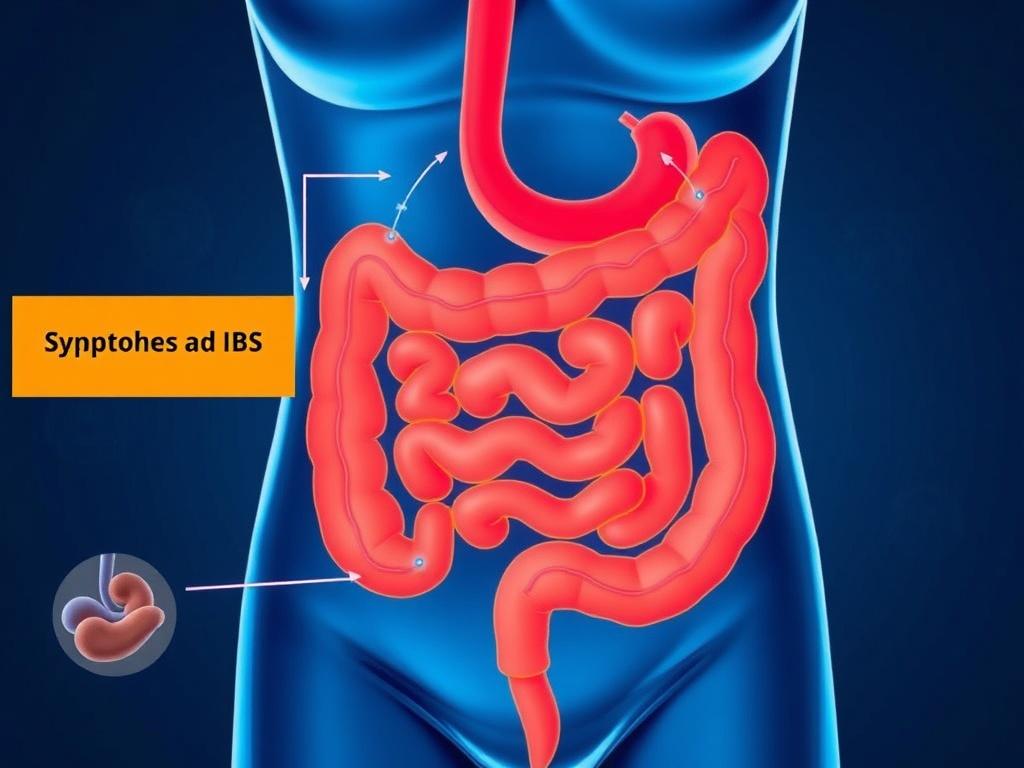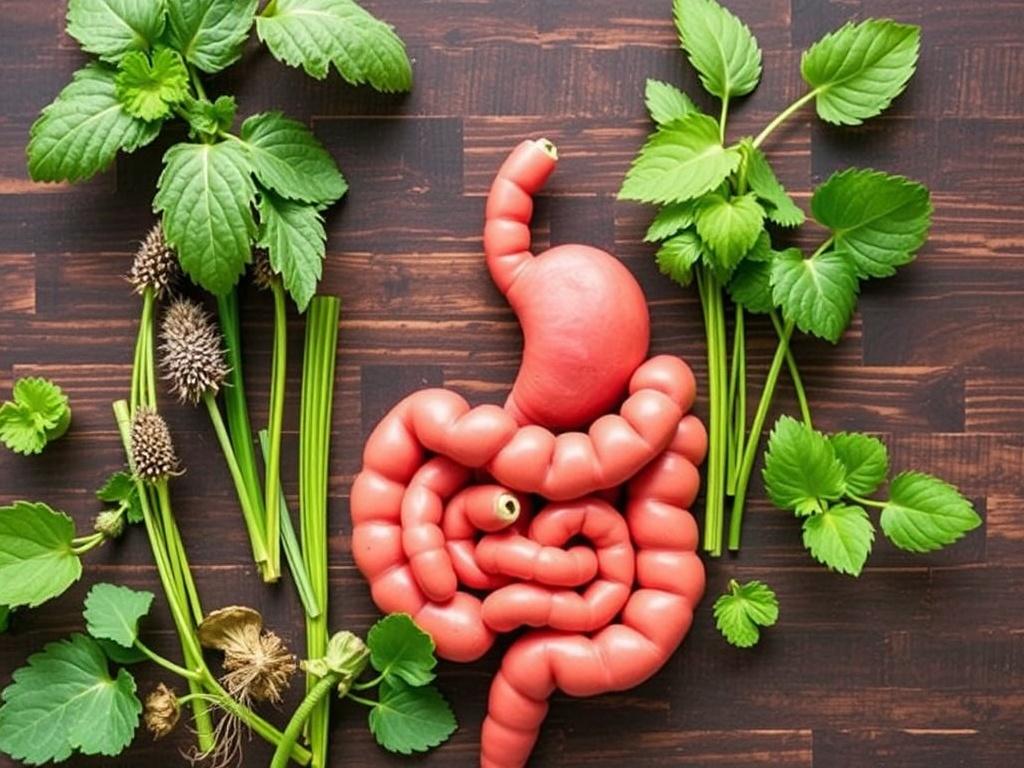Anxiety and an upset stomach are old friends. Maybe you’ve felt that bubbling sensation before a big presentation, a hollow ache when you’re worried about money, or a sudden urge to use the restroom when your palms start to sweat. It’s more than coincidence. Your brain and your gut are in constant conversation, and sometimes the words that pass between them are full of alarm. In this article, we’ll walk through that conversation, translate the medical jargon into everyday language, and give you practical ways to calm both your mind and your belly. Read on — your stomach will thank you.
Why your gut listens to your brain: an overview of the gut-brain axis
Have you ever heard of the “gut-brain axis”? It sounds fancy, but it’s simply the two-way system that connects your central nervous system (your brain and spinal cord) to your digestive system. Imagine a phone line that runs between your head and your gut. When everything is calm, the calls are friendly and helpful: your brain tells your stomach when to prepare for food, and your gut sends back signals about fullness and comfort. When anxiety picks up the receiver, the messages change tone — they become urgent, jittery, and sometimes scary.
One of the key players in that phone call is the vagus nerve, a bundle of fibers that carries signals in both directions. The vagus nerve helps slow your heart rate, stimulate digestion, and promote a sense of calm when active. Anxiety tends to quiet the vagus nerve’s helpful signals and amplify the stress response, turning digestion into a low priority.
But the gut-brain axis isn’t just nerves. It includes hormones, immune signals, and even trillions of bacteria living in the intestines that participate in the conversation. Together, these systems explain why anxious minds often show up as upset stomachs.
What happens in your body when anxiety hits
When you perceive a threat — whether real (a barking dog) or imagined (worry about a deadline) — your body engages a biological alarm system called the stress response. Two major players are involved:
The fight-or-flight system (sympathetic nervous system)
Your sympathetic nervous system floods your body with adrenaline and noradrenaline. Heart rate and blood pressure climb, pupils widen, breathing becomes quicker, and blood is shunted away from “non-essential” functions like digestion to muscles and brain centers that prepare you to react. This is why you might lose your appetite or get that dry mouth when anxiety is intense.
The HPA axis and cortisol
The hypothalamic-pituitary-adrenal (HPA) axis releases corticotropin-releasing hormone (CRH), then adrenocorticotropic hormone (ACTH), then cortisol. Cortisol helps mobilize energy and maintain alertness, but when it stays elevated for long, it alters gut function. Cortisol can change gut permeability (sometimes called “leaky gut”), influence inflammation, and tweak gut motility (the movement of food through the intestines). That can cause symptoms like diarrhea, constipation, or cramping.
Stress hormones and the gut lining
Under stress, chemical messengers can cause increased gut sensitivity, meaning normal sensations become painful. Stress can also alter stomach acid production and slow down or speed up the digestive process. Even minor changes in blood flow and neurotransmitter levels can make your stomach feel “off.”
Common stomach issues driven by anxiety
Anxiety doesn’t always produce the same stomach symptoms for everyone. Here are common problems people report and how they connect to stress physiology.
- Heartburn and acid reflux: Stress may increase stomach acid or relax the lower esophageal sphincter, allowing acid to rise into the esophagus.
- Nausea and stomach upset: Rapid breathing, increased acid, and gut-brain signaling can provoke queasiness and a “sick” feeling.
- Diarrhea: Increased gut motility under stress can cause diarrhea; inflammation and microbiome shifts may also play a role.
- Constipation: In some people, stress slows gut transit time, leading to constipation and bloating.
- Irritable bowel syndrome (IBS): IBS is strongly linked with anxiety. Symptoms include cramping, bloating, diarrhea, constipation, and urgency.
- Indigestion (dyspepsia): Anxiety can make normal digestion feel painful or uncomfortable, with fullness, belching, or early satiety.
How the microbiome joins the conversation
You’ve probably heard that your gut is home to trillions of bacteria. These microbes don’t just help digest food; they produce neurotransmitters and metabolites that influence mood and gut function. Anxiety can alter the microbiome — stressful events change which bacteria thrive. That shift can produce more inflammatory molecules, affect gut motility, and even change how the brain receives messages. Scientists are still unraveling the complex two-way influences, but it’s clear that a disturbed microbiome can make both anxiety and stomach issues worse.
Microbial messengers
Some gut bacteria produce short-chain fatty acids, serotonin precursors, and other compounds that influence mood and digestion. When stress changes the bacterial balance, these chemical messengers may change too. This can lead to increased gut inflammation, altered gut barrier function, and altered signaling to the brain.
Probiotics: friend or fad?
Probiotics have shown promise in some studies for reducing both anxiety and gut symptoms, but results vary by strain and individual. Some people notice benefits, especially with strains targeted at gut-brain interactions. Others see no effect. If you try probiotics, choose evidence-based strains and give them time (several weeks) to work. Discuss with your healthcare provider first, especially if you have immune system issues.
Behavioral and lifestyle links between anxiety and stomach issues
It’s not just biology. How you behave when anxious influences your gut.
- Poor eating habits: Skipping meals, overeating, or eating too fast when stressed can trigger indigestion and bloating.
- Unhealthy food choices: Comfort foods high in sugar, fat, or caffeine can worsen reflux, IBS symptoms, and bloating.
- Alcohol and nicotine: Both can irritate the stomach and disrupt normal motility and microbiome balance.
- Sleep disruption: Poor sleep increases stress hormones and gut sensitivity.
- Medications: Some anxiety medications cause nausea or constipation. Overuse of over-the-counter pain relievers can irritate the stomach lining.
How anxiety turns normal sensations into distress
One important concept is visceral hypersensitivity. This happens when the brain becomes highly attentive to gut sensations. Instead of letting routine digestion be background noise, your brain amplifies those signals into pain or discomfort. If you suffer from anxiety, your threshold for “enough” sensation may be lower — in plain language, you notice more and feel worse.
That hypervigilance also feeds a worry loop: you feel a stomach twinge, you worry it means something serious, your anxiety rises, and your stomach reacts more strongly. Breaking that loop is often part of successful treatment.
How doctors diagnose anxiety-related stomach issues
When you see a doctor for stomach problems, they’ll usually aim to distinguish organic disease (like ulcers or inflammatory bowel disease) from functional disorders (like IBS) that are highly influenced by stress and the brain. Expect a careful history, questions about mood, sleep, and life stress, and sometimes tests: blood work, stool studies, imaging, or an endoscopy if there are red-flag symptoms (significant weight loss, blood in the stool, or severe pain).
A typical approach includes:
- Detailed history of symptoms, triggers, and mental health.
- Physical exam to check for tenderness, lumps, or other signs.
- Targeted tests if indicated, to rule out serious conditions.
- Assessment for anxiety or depression using validated questionnaires when appropriate.
Often, once serious conditions are excluded, treatment focuses on symptoms, gut-brain therapies, and reducing anxiety.
Treatment strategies: calming the mind to heal the gut
The best approach treats both the anxiety and the stomach. Here’s a multi-pronged plan that many people find helpful:
1) Mind-body therapies
Techniques that reduce overall arousal often improve gut symptoms.
- Cognitive Behavioral Therapy (CBT): Helps change thinking patterns and reactions to gut sensations. Strong evidence supports CBT for IBS and anxiety.
- Gut-directed hypnotherapy: Uses relaxation and guided imagery to reduce gut sensitivity and improve symptoms.
- Mindfulness-based stress reduction (MBSR): Mindfulness practices help reduce the worry cycle and lower stress hormones.
- Progressive muscle relaxation and guided visualization: Useful for quieting the fight-or-flight response.
2) Breathing and vagal tone exercises
Slow, deep breathing stimulates the vagus nerve and shifts your body toward the “rest-and-digest” state. Try diaphragmatic breathing for five to ten minutes, twice a day. This simple practice can reduce heart rate, lower anxiety, and help digestion.
3) Dietary changes
Small, practical eating habits often help more than restrictive diets.
- Eat regular, balanced meals rather than skipping or binging.
- Eat slowly and chew thoroughly to reduce bloating and indigestion.
- Limit caffeine, alcohol, and spicy foods if they worsen symptoms.
- Consider a low-FODMAP diet if you have IBS symptoms — consult a dietitian first.
- Stay hydrated and include soluble fiber to help regulate bowel movements.
4) Exercise and sleep
Regular physical activity reduces anxiety, improves gut motility, and benefits the microbiome. Aim for moderate activity most days — even walking counts. Good sleep hygiene is equally important; poor sleep amplifies both anxiety and gut problems.
5) Medications
Medications are sometimes helpful, especially when symptoms are severe or when anxiety is significant.
- Antidepressants: Low-dose tricyclics or SSRIs can reduce gut pain and treat anxiety. They are often used for IBS and functional dyspepsia.
- Antispasmodics: Help ease cramping in the short term.
- Prokinetics or laxatives: Used selectively when motility is a problem.
- Acid suppression: Proton pump inhibitors (PPIs) or H2 blockers for reflux symptoms, when appropriate.
Always work with your clinician to discuss risks and benefits.
Practical techniques you can use today
You don’t need to wait for therapy to start feeling better. Here are some immediate steps to try when anxiety triggers stomach upset.
Quick calming routine (5–10 minutes)
- Sit comfortably and place one hand on your chest and the other on your belly.
- Inhale slowly through your nose for a count of 4, feeling your belly rise under your hand.
- Hold for a count of 2, then exhale slowly for a count of 6.
- Repeat for 5–10 cycles, focusing on the breath rather than the worry.
- Follow with a grounding exercise: name 5 things you can see, 4 things you can touch, 3 things you can hear, 2 things you can smell, 1 thing you can taste.
This routine lowers heart rate, engages the vagus nerve, and shifts attention away from stomach sensations.
Simple dietary tweaks
- When anxious, avoid eating very large meals; choose smaller, more frequent meals.
- Reduce caffeine and carbonated drinks that increase acid and gas.
- Include a mix of lean protein, fiber, and healthy fats to stabilize blood sugar and reduce jitteriness.
- Try ginger tea for nausea or peppermint (if you don’t have severe reflux) for cramping.
Daily stress-management checklist
- Move your body for at least 20–30 minutes (walk, yoga, or light cardio).
- Practice 10 minutes of mindful breathing or progressive relaxation.
- Keep to a consistent sleep schedule.
- Limit screen time before bed and avoid late-night caffeine.
- Journal briefly about worries to get them out of your head.
What to discuss with your healthcare provider
When you see a doctor or gastroenterologist, prepare to talk about both your gut and your emotional state. Useful topics include:
- Onset, frequency, duration, and pattern of stomach symptoms.
- Any triggers you’ve noticed (stressful events, certain foods, medications).
- Sleep, mood, and daily functioning — how anxiety affects your life.
- Current medications, supplements, and past medical tests.
- Effectiveness of over-the-counter remedies and changes you’ve tried.
Asking for a clear plan to rule out serious causes while addressing anxiety can make follow-up more effective.
When stomach issues need urgent attention
Most anxiety-linked stomach problems are uncomfortable but not dangerous. Still, seek immediate care or prompt evaluation if you have any of the following “red flag” signs:
- Severe, unrelenting abdominal pain
- Unexpected weight loss or loss of appetite
- Blood in vomit or stool, or black/tarry stools
- Persistent vomiting or inability to keep fluids down
- High fever with abdominal pain
These symptoms may indicate infections, ulcers, inflammatory bowel disease, or other conditions that need urgent treatment.
How long does it take for gut symptoms to improve when anxiety is treated?
That varies. Some people notice immediate relief after a single calming practice, such as fewer cramps or less nausea. For chronic issues like IBS, improvement may take weeks to months with a consistent program of therapy, diet changes, and sometimes medication. The gut is adaptable, but patience is key. Think of it as retraining the conversation between your brain and your gut — that takes time, practice, and gentle repetition.
Real-life stories: how people break the loop
Hearing how others coped can be encouraging.
Case 1: From urgency to control
A teacher experienced sudden diarrhea and urgency before school presentations. After learning diaphragmatic breathing and practicing CBT to change catastrophic thinking (“I’ll have an accident and lose my job”), she gradually reduced both her anxiety and restroom episodes. Simple meal scheduling and cutting back on coffee helped too.
Case 2: IBS and the path to balance
A young man with years of alternating constipation and diarrhea discovered that poor sleep and high caffeine intake were making symptoms worse. Working with a dietitian on a low-FODMAP plan, trying gut-directed hypnotherapy, and starting moderate exercise led to fewer flare-ups and better sleep, which in turn reduced anxiety.
Case 3: Daily stress to daily tools
A parent with chronic worry about finances developed chronic indigestion and nausea. Learning progressive muscle relaxation and mindful breathing, reducing evening screen time, and scheduling a weekly “worry time” to write down concerns helped confine anxiety to a manageable period. Digestive symptoms improved over months.
These examples show different routes to improvement — therapy, lifestyle, diet, or a mix — because treatment should be tailored to the person.
Table: Symptoms, likely mechanisms, and practical first steps
| Symptom | Likely Anxiety-Related Mechanism | Practical First Steps |
|---|---|---|
| Nausea | Increased acid, slowed gastric emptying, vagal dysregulation | Try ginger, small bland meals, diaphragmatic breathing, reduce strong smells |
| Diarrhea | Increased gut motility from stress hormones | Hydration, soluble fiber, low-FODMAP trial, check for infections |
| Constipation | Reduced gut motility, certain medications | Increase fiber, water, movement, consider stool softener with clinician advice |
| Heartburn/reflux | Increased acid production, pressure on LES, poor eating habits | Smaller meals, avoid late eating, reduce caffeine and alcohol, try antacids if needed |
| Abdominal pain/cramps | Visceral hypersensitivity, muscle tension | Relaxation techniques, heat pack, antispasmodics if prescribed |
Evidence and emerging science
The scientific understanding of anxiety and gut issues is growing rapidly. Randomized trials support CBT and gut-directed hypnotherapy for IBS. Functional MRI studies show that people with IBS have altered brain responses to gut stimulation. Research on the microbiome is promising but still in early stages — scientists are beginning to identify specific bacterial patterns linked to mood and digestion, but we don’t yet have a one-size-fits-all probiotic prescription.
Newer approaches like psychobiotics (probiotics designed to affect mood), personalized diet plans based on microbiome profiling, and digital therapies (apps delivering CBT) are under investigation. While we should be cautious about overpromising, the direction is hopeful: treatments are moving toward personalized, integrated care that treats both brain and gut.
Tips for caregivers and partners
If someone you care about is dealing with anxiety-related stomach issues, your support matters.
- Listen without judgment — worries often ease when they’re spoken aloud.
- Encourage practical steps: doctor visits, small lifestyle changes, and stress management techniques.
- Avoid minimizing the problem (“It’s all in your head”); that phrase is counterproductive — the mind and body are genuinely connected.
- Offer to join them in healthy habits: go for walks together, practice breathing exercises, or prepare supportive meals.
Simple social support can reduce anxiety and improve outcomes.
Common myths and misconceptions
It’s easy to get confused by myths. Here are a few to address:
- Myth: “If it’s anxiety-related, it’s not real.” Fact: Anxiety-driven stomach symptoms are very real and can be highly distressing; they stem from measurable changes in physiology.
- Myth: “Only people with panic disorder get stomach issues.” Fact: Many types of anxiety — generalized anxiety, social anxiety, situational stress — can trigger gut symptoms.
- Myth: “You just need to relax; the stomach will fix itself.” Fact: Relaxation helps, but chronic or severe symptoms often need a combination of therapies and lifestyle changes.
Putting it all together: a step-by-step plan
If anxiety triggers your stomach issues, here’s a simple, stepwise plan:
- Start with a medical check to rule out urgent organic causes.
- Adopt daily stress-reduction habits: breathing, brief mindfulness, regular sleep, and movement.
- Tweak diet: smaller meals, reduce triggers like caffeine, and consider a low-FODMAP trial with a dietitian if IBS is suspected.
- Seek psychological support: CBT, MBSR, or gut-directed hypnotherapy as appropriate.
- Discuss medications with a clinician if symptoms remain severe (antidepressants, antispasmodics, or acid suppression as needed).
- Monitor progress, adjust strategies, and stay patient — healing the gut-brain conversation takes time.
Final thoughts before the conclusion
Anxiety and stomach issues are common and often linked. The good news is that much of what helps anxiety also helps digestion: slowing down your breath, moving your body, eating mindfully, and getting enough rest. Combining self-help with professional care when necessary produces the best outcomes. Think of your brain and gut as teammates rather than enemies — with some training, their conversation can become calm, cooperative, and helpful.
Conclusion
Anxiety-triggered stomach problems can feel overwhelming, but they’re explainable and treatable by addressing both sides of the gut-brain connection: calming the mind while supporting digestion with practical lifestyle changes, targeted therapies, and medical guidance when needed. If you’re struggling, start with small, consistent steps — breathing practices, regular meals, gentle exercise, and a talk with your healthcare provider — and remember that improvements often come gradually as your nervous system and gut learn to speak more calmly to each other.
Читайте далее: